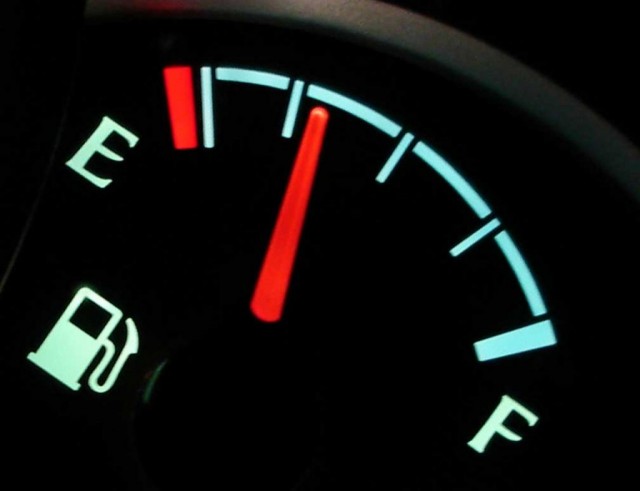Although gas is much cheaper than it has been in the past, prices fluctuate. It pays to improve the gas mileage of your vehicle, especially if you can do it for little or no money.
To improve your car’s gas mileage, follow these Valley Car Group tips:
1: Check Your Tire Pressure
Under inflated tires may give you a slightly smoother ride, but they will also negatively impact your vehicle’s fuel consumption. Maintaining proper pressure decreases the drag and resistance on asphalt, which can help increase your vehicle’s gas mileage. To check the pressure of your tires, use a tire pressure gauge and compare the reading to your owner's manual recommendations.
2: Drive Steadily
Defensive driving means driving with anticipation rather than focusing solely on the car ahead of you. The goal of this practice is to avoid fender benders or a major accident. However, it is also useful for saving fuel; the more time you can spend at a steady speed, the less your engine will have to work and the more fuel you can save. Big, sudden throttle inputs open the floodgates in your engine and smooth progressive inputs keep the fuel flow nice and moderate.
3: Pack Smartly
Aerodynamics and weight can impact your vehicle’s fuel economy. Therefore, try to pack everything in your car instead of on a roof rack. Your car will cut through the air more easily, and you will save fuel because the engine will not have to work so hard. Also, pack smart; less weight equals better mileage.
4: Use Synthetic Motor Oil
If you use conventional motor oil, you may want to upgrade to synthetic. Synthetic oil can keep your engine cooler, which boosts efficiency and gas mileage.
5: Avoid Traffic Jams
Even with all of today's modern navigation systems, getting stuck in traffic happens to everyone. If possible, plan a route that avoids congestion. This may help you save some gas money because a stationary vehicle requires a lot of energy from the motor. On the other hand, a vehicle cruising at a steady state promotes great fuel economy. In a typical car, your MPG could increase by up to 50% if you drive steadily.
6: Check Your Engine
Keep your engine properly maintained and tuned to increase gas mileage. In fact, fixing a seriously out of tune engine, like one with a faulty oxygen sensor, can improve mileage significantly.
7: Change Your Fuel Filter
Your fuel filter has a direct impact on your gas mileage. Manufacturers recommend changing your fuel filter every 10,000 to 15,000 miles. Even a tiny grain of dirt can clog injectors, leading to erratic performance and lower gas mileage.
Why Choose Valley Car Group
Is your gas mileage so bad that you need to upgrade your vehicle? Valley Car Group has you covered; we will buy your vehicle from you! If you are interested, click here to schedule a free appraisal today!

